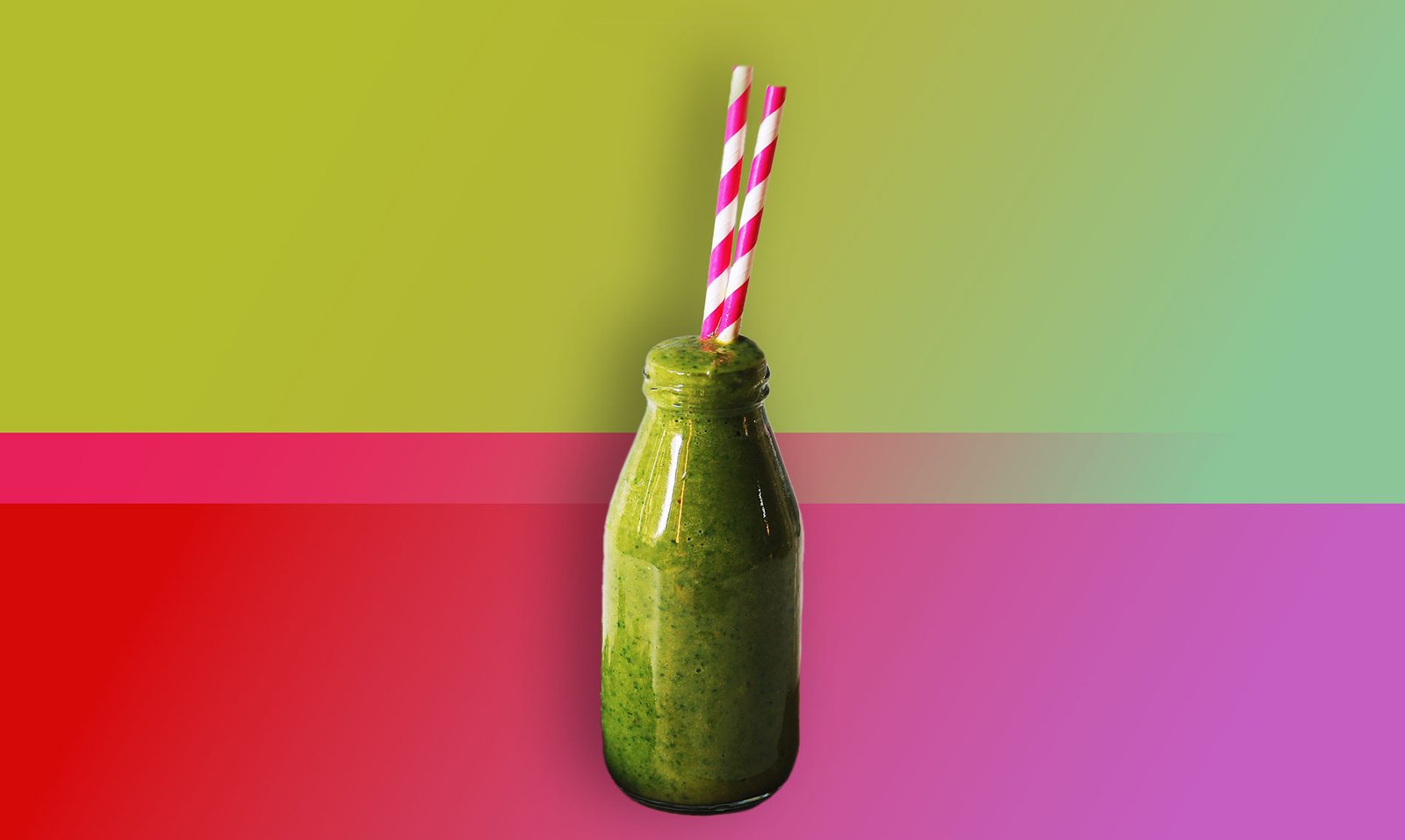When it comes to maintaining an active lifestyle, nutrition plays a crucial role in fueling your fitness. Whether you’re a seasoned athlete or just starting on your fitness journey, the right nutrition can enhance your performance, aid in recovery, and support overall wellbeing. In this blog post, we will explore some essential nutrition tips to help you optimize your active lifestyle.
Prioritize a Balanced Diet
A balanced diet is the foundation of good nutrition. It should include a variety of nutrient-dense foods to provide your body with the necessary vitamins, minerals, and macronutrients. Focus on consuming whole grains, lean proteins, fruits, vegetables, and healthy fats. Avoid processed foods, sugary snacks, and excessive amounts of saturated fats.
Remember, each macronutrient serves a specific purpose:
- Carbohydrates: Provide energy for workouts and help replenish glycogen stores.
- Proteins: Aid in muscle repair and growth.
- Fats: Support hormone production and provide a source of long-lasting energy.
Stay Hydrated
Hydration is key to maintaining optimal performance during physical activity. Water is essential for regulating body temperature, lubricating joints, and transporting nutrients to cells. Aim to drink at least 8 cups (64 ounces) of water per day, and increase your intake during intense workouts or hot weather.
If you engage in prolonged or intense exercise, consider replenishing electrolytes lost through sweat with sports drinks or electrolyte-enhanced water. However, be mindful of added sugars and choose options with minimal or no artificial additives.
Time Your Meals and Snacks
Proper timing of meals and snacks can help maximize your energy levels and optimize performance. Aim to eat a balanced meal containing carbohydrates, proteins, and fats 2-3 hours before a workout. This will provide your body with the necessary fuel to sustain your activity.
If you have less time before exercising, opt for a light snack that is easily digestible, such as a banana or a handful of nuts. After your workout, consume a post-workout meal or snack within 30-60 minutes to aid in muscle recovery and replenish glycogen stores.
Listen to Your Body
Every individual is unique, and what works for one person may not work for another. It’s important to listen to your body and adjust your nutrition accordingly. Pay attention to how different foods make you feel before, during, and after exercise.
If you experience digestive issues or lack of energy, consider modifying your diet to include more easily digestible foods. Experiment with different meals and snacks to find what works best for you and supports your active lifestyle.
Supplement Wisely
While a balanced diet should provide most of the nutrients you need, certain supplements can be beneficial for active individuals. However, it’s important to consult with a healthcare professional before starting any new supplements.
Common supplements that may support an active lifestyle include:
- Protein powder: Convenient source of protein for post-workout recovery.
- Omega-3 fatty acids: Help reduce inflammation and support joint health.
- Vitamin D: Important for bone health and immune function.
Remember, supplements should complement a healthy diet, not replace it. Focus on getting most of your nutrients from whole foods.
Nutrition is a vital component of an active lifestyle. By prioritizing a balanced diet, staying hydrated, timing your meals and snacks, listening to your body, and supplementing wisely, you can optimize your fitness journey and support overall wellbeing. Remember, it’s important to find what works best for you and consult with a healthcare professional or registered dietitian for personalized advice.
Fuel your fitness with proper nutrition and enjoy the benefits of an active and healthy lifestyle!






